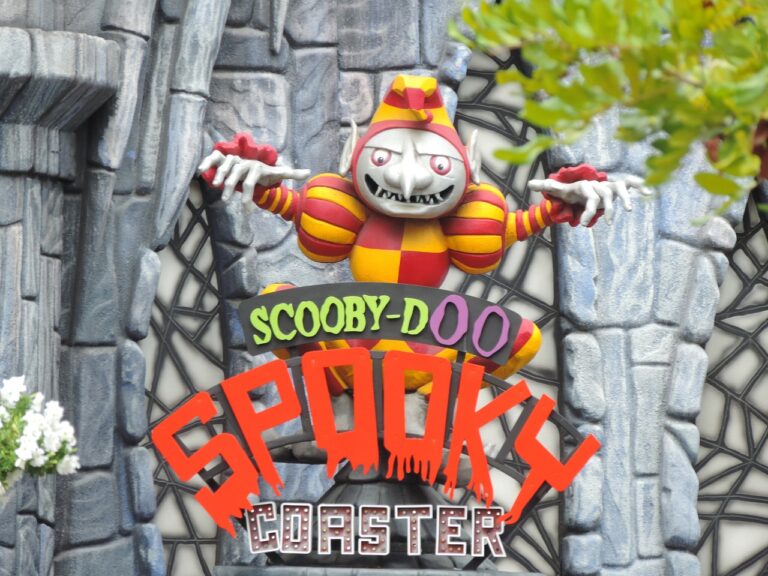AI-Generated Music: Innovation or Imitation in the Industry
AI’s incorporation into music production has revolutionized the way artists create and produce their music. With the ability to analyze vast amounts of data and identify patterns, AI algorithms can generate melodies, rhythms, and harmonies in seconds, offering a wealth of creative possibilities. This speed and efficiency have allowed musicians to explore new sounds and experiment with different musical styles effortlessly.
Furthermore, AI has enabled artists to collaborate with virtual musicians, providing unique and innovative perspectives on music creation. These virtual collaborators can suggest chord progressions, generate lyrics, and even develop entire compositions, serving as a valuable resource for musicians seeking inspiration and new ideas. As AI continues to evolve and improve its capabilities, its role in music production is likely to become even more prominent, reshaping the way music is made and experienced.
The Impact of AI on Music Creation
Creating music has long been a deeply human experience, intertwining emotion, creativity, and ingenuity. However, with the advent of AI in music production, the landscape of music creation is undergoing a significant transformation. AI algorithms can now analyze vast amounts of music data, enabling them to generate melodies, harmonies, and even entire compositions autonomously. This newfound ability challenges traditional notions of creativity and raises questions about the role of human musicians in a world increasingly shaped by artificial intelligence.
As AI continues to refine its capabilities in music creation, it is becoming a powerful tool for artists and producers looking to enhance their creative processes. AI algorithms can offer suggestions for chord progressions, instrumentation choices, and even help with mixing and mastering tracks. This level of assistance can streamline the music production process, allowing artists to explore new sounds and ideas more efficiently than ever before. However, this integration of AI into the creative process also sparks debates about authenticity and originality in music, as AI-generated compositions blur the lines between human and machine craftsmanship.
Challenges Faced by AI-Generated Music
One of the primary challenges faced by AI-generated music is the struggle to evoke genuine emotion in compositions. While AI algorithms can analyze existing pieces and create technically sound music, capturing the nuanced feelings and depth of human emotion remains elusive. This limitation often leads to music that feels formulaic and lacks the soulful quality that resonates with listeners on a deeper level.
Another significant obstacle is the issue of originality in AI-generated music. Despite its ability to produce endless variations of melodies and harmonies, AI often falls short in crafting truly unique and groundbreaking compositions. This struggle with generating innovative and distinct sounds hinders the ability of AI-generated music to make a lasting impact in an industry driven by creativity and individuality.
How is AI being used in music production?
AI is being used in music production to generate melodies, harmonies, and rhythms, as well as to remix existing songs and assist in the mastering process.
What impact does AI have on music creation?
AI has the potential to revolutionize music creation by providing endless possibilities for experimentation and innovation. It can also help artists overcome creative blocks and inspire new ideas.
What are some challenges faced by AI-generated music?
Some challenges faced by AI-generated music include the lack of emotional depth and human touch, the potential for copyright infringement, and the risk of creating formulaic and uninspired music. Additionally, there are concerns about the ethical implications of AI replacing human musicians in the industry.
Can AI-generated music ever truly replicate the creativity of human musicians?
While AI technology has advanced significantly in recent years, it still struggles to replicate the emotional depth and creativity of human musicians. Human musicians bring a unique perspective and personal touch to their music that AI may never be able to fully replicate.







